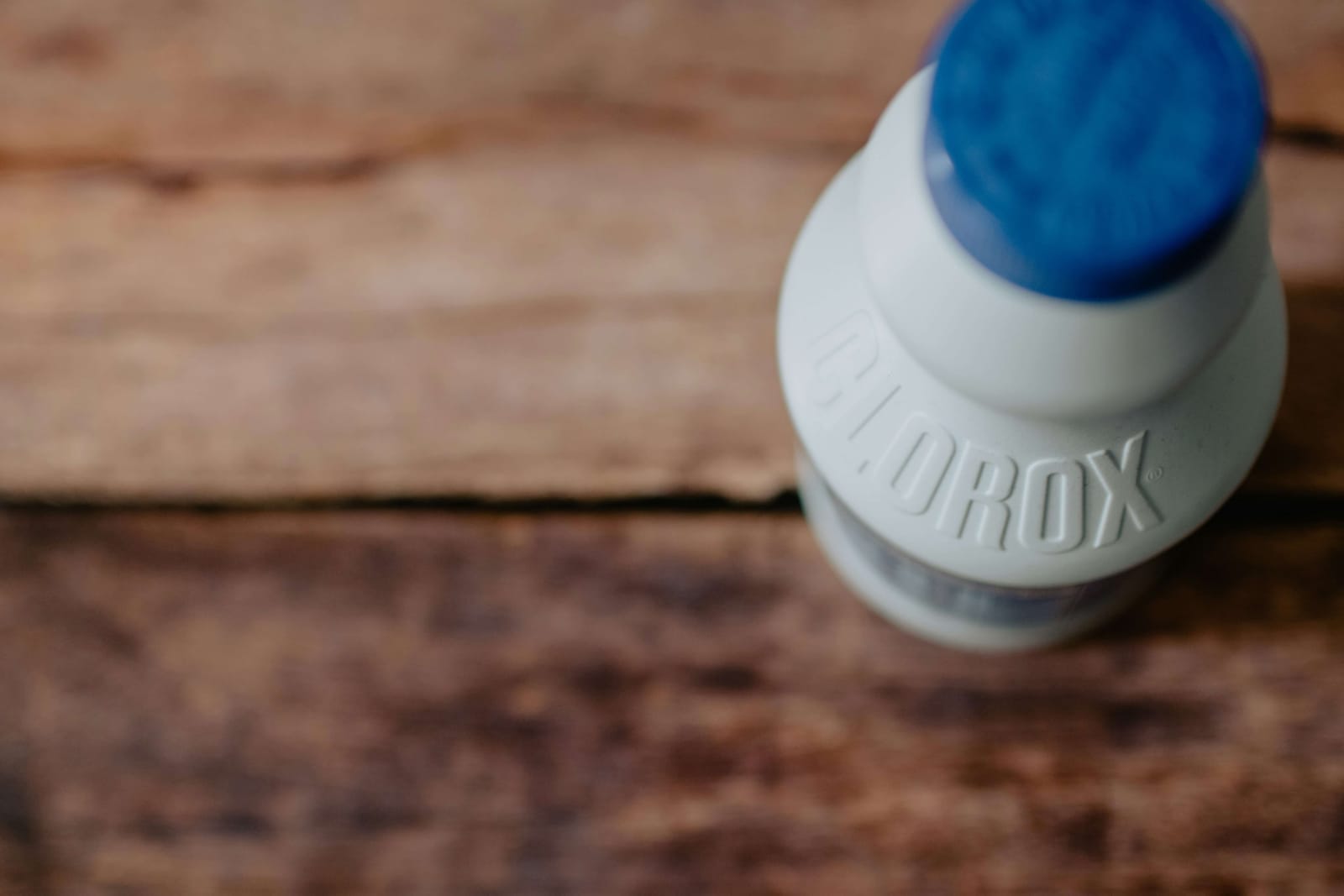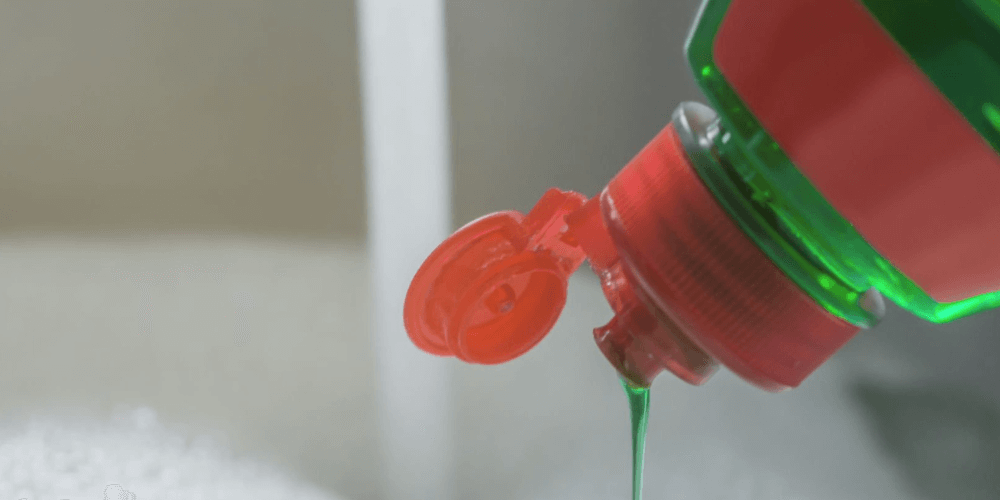Dish soap is often used in DIY pest control solutions, but can it actually harm plants? While some dish soaps are safe for garden use, others can damage plant leaves, disrupt soil health, or even kill beneficial insects. This guide explains how to use dish soap on plants safely, what types to avoid, and how to make an effective plant-safe pest control spray.
Can Dish Soap Kill Plants?
Yes, some dish soaps can harm plants. Many commercial dish soaps contain harsh detergents, degreasers, or antibacterial agents that can:
- Strip protective oils from plant leaves, leading to dehydration
- Cause leaf burn or yellowing, especially in direct sunlight
- Disrupt soil microbiomes, affecting plant health over time
Signs of Dish Soap Damage on Plants
- Wilting or curling leaves
- Brown or yellow spots on foliage
- Slowed growth or drooping stems
Some dish soaps contain ingredients like sodium laureth sulfate, which can be too harsh for plants and soil. If you notice damage after using dish soap, rinse the plant thoroughly with water to remove any residue.
What Dish Soap is Safe for Plants?
For gardening and pest control, choose a mild, biodegradable liquid soap rather than a conventional dish detergent.
Safe Dish Soaps for Plants
- Castile soap (e.g., Dr. Bronner’s) – A pure, plant-based soap with no harsh chemicals
- Unscented, non-toxic dish soaps – Avoid dyes, perfumes, and antibacterial additives
- DIY insecticidal soap – A diluted mixture of liquid dish soap and water can be safe when used correctly
Horticultural soap is another effective option specifically designed for use on plants. Look for dish soaps labeled biodegradable, chemical-free, or plant-safe to avoid harming your garden.
Can Dish Soap Help Control Plant Pests?
Yes, dish soap is a well-known natural remedy for controlling pests like aphids, spider mites, and whiteflies. It works by breaking down the pests’ protective outer coating, causing them to dehydrate and die. Many soft-bodied insects are particularly vulnerable to soapy water solutions.
How to Make a DIY Dish Soap Pest Spray
A well-balanced soap solution can help manage pests without harming your plants. Using the right ingredients ensures effectiveness while minimizing potential damage.
Ingredients
- 1 teaspoon mild dish soap (avoid strong degreasers)
- 1 quart water
- A few drops of vegetable oil, olive oil, or coconut oil for better adhesion (optional)
Directions
- Mix the soap and water in a spray bottle.
- Add vegetable oil to help the mixture stick to leaves longer.
- Spray directly on affected leaves and stems, focusing on the underside.
- Use early in the morning or evening to prevent leaf burn.
- Rinse the plant with water after a few hours to remove soap residue.
Test the soap spray on a small leaf first. If there’s no damage within 24 hours, it’s safe to use on the whole plant.
Natural Alternatives to Dish Soap for Pest Control
If you're concerned about the risks of dish soap, there are other plant-friendly options for controlling pests.
Neem Oil
Neem oil is an effective natural pesticide that disrupts insect feeding and reproduction. It works well on soft-bodied insects and helps prevent fungal diseases like powdery mildew.
Garlic Spray
Garlic contains natural sulfur compounds that repel insects. To make a simple spray, blend a few cloves of garlic with water, strain the mixture, and spray it onto your plants.
Horticultural Oil
Horticultural oils are specifically designed for plant use and work similarly to soap sprays by suffocating pests. They are a gentler option than dish soap and are less likely to cause leaf damage.
Frequently Asked Questions
Is dish soap the same as insecticidal soap?
No. Insecticidal soap is specially formulated to kill pests without harming plants. Dish soap can work, but it must be diluted properly to avoid damage.
How often can I use dish soap on plants?
Use only when necessary to treat pests. Overuse can strip the natural wax layer on leaves, leading to dehydration.
What should I do if my plant reacts badly to dish soap?
Immediately rinse the plant with clean water to remove any soap residue. If damage persists, trim affected leaves and improve watering conditions.
Can I mix dish soap with vinegar for plant care?
No. Vinegar is highly acidic and can burn plant leaves when combined with dish soap. Stick to a simple soap solution with water.
Does the type of soap matter?
Yes. Look for soaps made with potassium hydroxide instead of sodium-based compounds, as these are gentler on plants.
Final Thoughts
Using dish soap on plants can be a safe and effective way to control pests, but only if you choose the right soap and dilute it correctly. Avoid harsh detergents, use mild plant-friendly soaps, and always test before applying. If you’re looking for an alternative, neem oil, garlic spray, and horticultural oil can also be effective solutions. With the right approach, you can keep your garden pest-free while ensuring your plants stay healthy.



